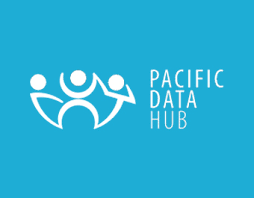Questionnaire
The 2009 Tonga Early Grade Reading Assessment (EGRA) was conducted in a sample of 1,203 students from 60 randomly-selected primary schools in the Kingdom of Tonga. The Tonga EGRA was carried out in November, 2009 by consultants and staff of the Ministry of Education, Women's Affairs and Culture (MEWAC) with financial support from the Australian Agency for International Development (AusAID), the New Zealand Agency for International Development (NZAID), and the Education for All - Fast Track Initiative (EFA-FTI). Technical assistance and management support was provided by the World Bank.
The Early Grade Reading Assessment (EGRA) is an oral student assessment designed to measure the most basic foundation skills for literacy acquisition in the early grades: recognizing letters of the alphabet, reading simple words, understanding sentences and paragraphs, and listening with comprehension.
The USAID Education Data for Decision Making (EdData II) project developed the EGRA methodology and has applied it in 11 countries and 19 languages. It has been adopted and used by other implementing partners in more than 30 other countries and more than 60 other languages. Data from EGRA have been used for feedback on teacher practice in rigorous but easy-to-understand ways. Many countries have shown an interest in using it as a springboard to improve reading, and have gone on to redesign their teacher training around reading.
National diagnostic assessment of basic reading skills in grades 1 to 3 in Tongan.
* Collection start: 2009
* Collection end: 2009
Data and Resource
| Field | Value |
|---|---|
| Publisher | Pacific Data Hub |
| Modified | 29 November 2022 |
| Release Date | 01 April 2019 |
| Source URL | https://pacificdata.org/data/dataset/80b28462-0508-4d91-9949-ea379bcbefac |
| Identifier | 80b28462-0508-4d91-9949-ea379bcbefac |
| Spatial / Geographical Coverage Location | Array |
| Relevant Countries | Tonga |
| License |
Public
![[Open Data]](https://assets.okfn.org/images/ok_buttons/od_80x15_blue.png)
|
| Author | Array |
